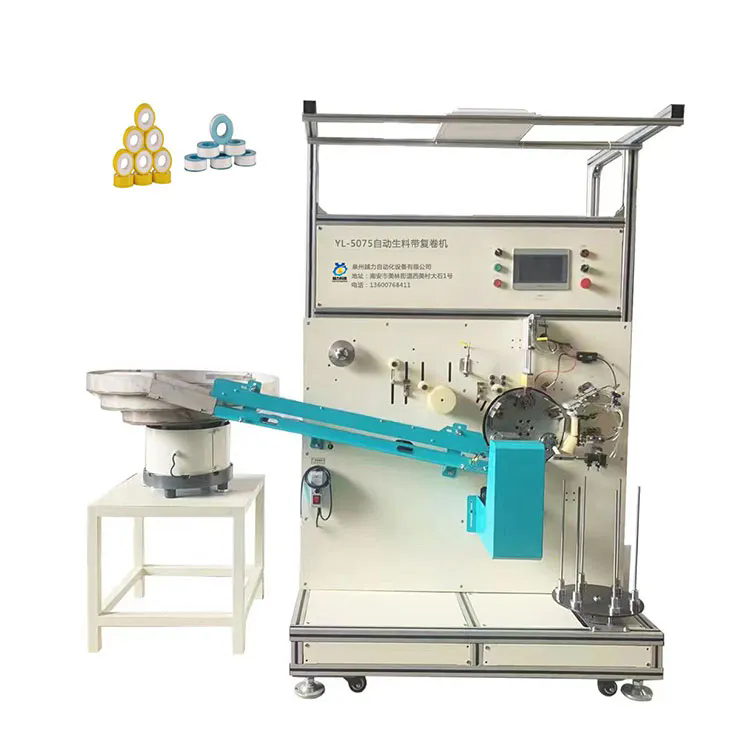Understanding Special Purpose Machines: Revolutionizing Manufacturing Efficiency
2024-09-24
In today’s fast-paced industrial landscape, efficiency and precision are paramount for success. Special purpose machines (SPMs) have emerged as vital tools in achieving these goals. Designed to perform specific tasks in manufacturing processes, SPMs play a critical role in enhancing productivity, improving quality, and reducing operational costs. In this blog post, we’ll explore what special purpose machines are, their applications, benefits, and the future trends shaping their development.
What are Special Purpose Machines?
Special purpose machines are custom-designed equipment tailored to perform specific functions in manufacturing processes. Unlike general-purpose machines that can handle a variety of tasks, SPMs are optimized for a particular operation, such as assembly, machining, inspection, or packaging. This specialization allows for higher efficiency, better quality control, and faster production times.
Key Features of Special Purpose Machines
1. Customization: SPMs are often designed to meet the unique requirements of a manufacturing process, making them highly adaptable to different industries and applications.
2. Automation: Many special purpose machines are equipped with automated features, reducing the need for manual intervention and minimizing the risk of human error.
3. Precision and Consistency: SPMs deliver high levels of precision, ensuring that products meet strict quality standards consistently.
4. Integration: These machines can be integrated into existing production lines, enhancing overall workflow without requiring significant changes to the manufacturing setup.
Applications of Special Purpose Machines
1. Automotive Industry: SPMs are extensively used in automotive manufacturing for tasks such as welding, assembly, and quality inspection of components.
2. Electronics Manufacturing: In the electronics sector, special purpose machines are employed for assembling circuit boards, soldering components, and testing finished products.
3. Food and Beverage: SPMs are used for packaging, bottling, and labeling in the food and beverage industry, ensuring efficiency and compliance with hygiene standards.
4. Medical Device Production: The production of medical devices often involves specialized machines for precise assembly, inspection, and packaging, ensuring that products meet stringent regulatory requirements.
5. Aerospace Manufacturing: SPMs play a crucial role in the aerospace industry by automating processes such as machining, assembly, and inspection of critical components.
Benefits of Using Special Purpose Machines
1. Increased Efficiency: By automating specific tasks, SPMs significantly reduce production time and increase throughput, allowing manufacturers to meet demand more effectively.
2. Cost Reduction: Although the initial investment in SPMs can be high, their ability to streamline operations and reduce labor costs often results in long-term savings.
3. Enhanced Quality Control: The precision and consistency offered by special purpose machines lead to improved product quality and reduced defects, enhancing customer satisfaction.
4. Flexibility: Custom-designed SPMs can be adapted to accommodate changes in production requirements, allowing manufacturers to stay competitive in a dynamic market.
Future Trends in Special Purpose Machines
1. Industry 4.0 Integration: The rise of Industry 4.0 is driving the integration of smart technologies into special purpose machines, enabling real-time monitoring, data analytics, and remote control.
2. Advanced Materials: The development of new materials, such as lightweight composites and advanced alloys, is influencing the design of SPMs to handle these materials more effectively.
3. Sustainability: As manufacturers strive for sustainability, SPMs are being designed with energy-efficient features and waste-reduction capabilities, contributing to greener production processes.
4. Robotics and Automation: The incorporation of robotics into special purpose machines is enhancing their capabilities, enabling them to perform complex tasks with higher precision and flexibility.
5. Customization and Modular Designs: The trend towards modular machine designs allows manufacturers to customize SPMs easily, ensuring that they can adapt to changing market demands.
Conclusion
Special purpose machines are revolutionizing the manufacturing landscape by providing tailored solutions that enhance efficiency, quality, and productivity. Their ability to automate specific tasks and integrate seamlessly into production lines makes them invaluable in various industries. As technology continues to evolve, special purpose machines will likely become even more advanced, offering greater flexibility and sustainability. Investing in SPMs is not just a trend; it’s a strategic move towards future-proofing manufacturing operations and staying competitive in a rapidly changing market.



